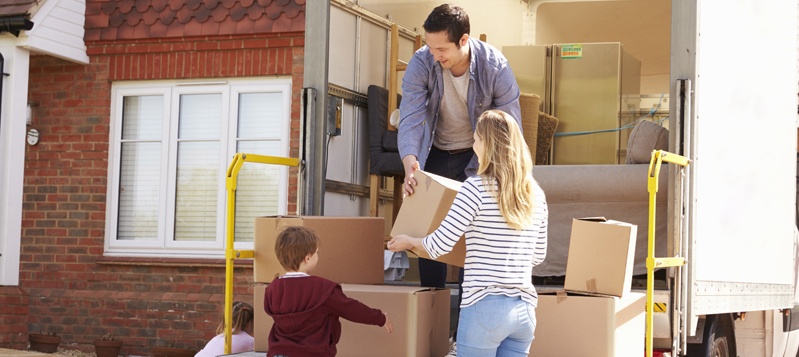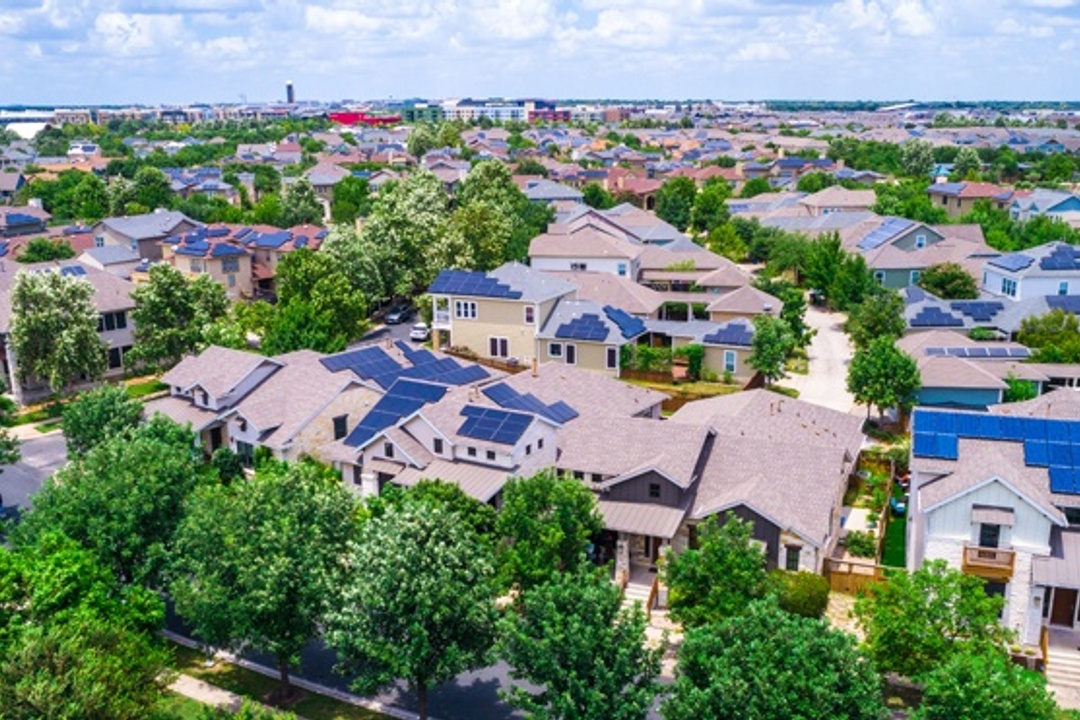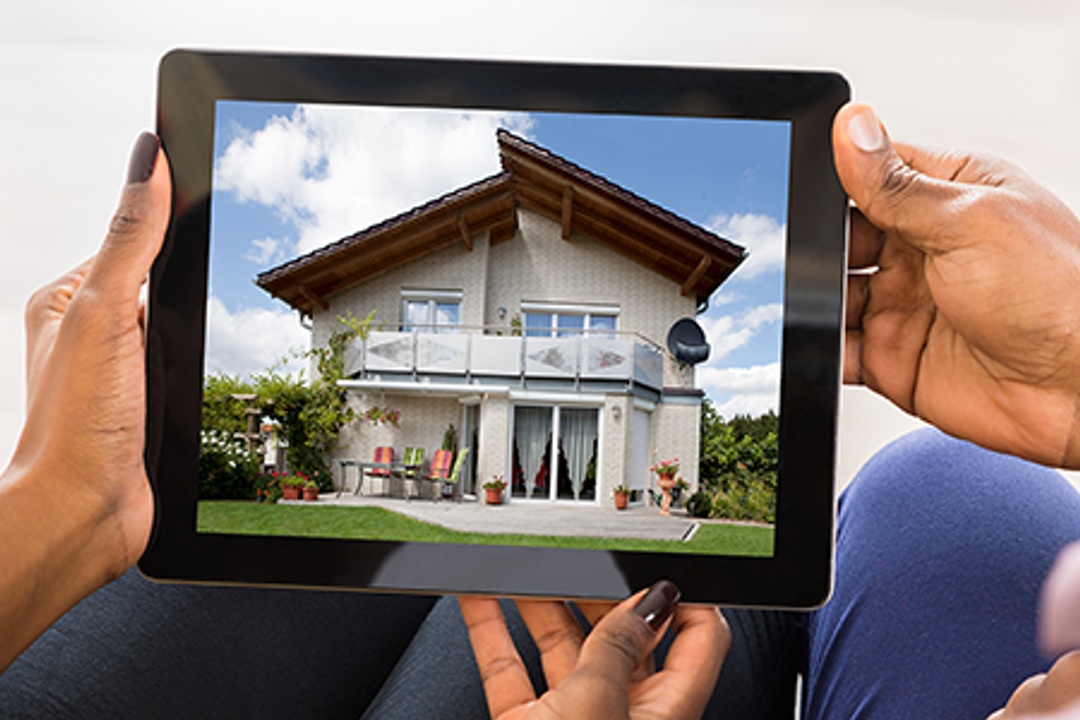
Your buddies are buying houses, and you're considering whether you should stop renting and buy a property as well. You want a yard for your dog, your kids want a playground, and you wouldn’t mind having a garage and an office.
While homeownership is a cornerstone of the American dream, it can be pricey. And if you're a renter debating whether or not it's time to buy a house, there's a lot to think about.
In the following sections, we'll discuss all the factors you should consider when deciding whether to rent or buy a house in 2022.

1. Get Real About What You Want
You may have heard the frequent cautions that renting is a waste of money or that buying a home is the only way to generate wealth. However, these arguments are conditional, and it is critical to cut through the noise to discover what you value most in your life.
If you're debating whether to rent or buy your next home, get a notepad and jot down some important questions. For example, consider the following:
* Do I want to relocate to another state in the near future?
* Do I intend to grow my family?
* Do I want to work from home full-time or in person?
* Are my finances in order?
* Can I qualify for a mortgage or afford mortgage payments?
Some of these may not be answers that you have readily available, but it's critical that you take these answers and drill down to what this means for your lifestyle as a possible home buyer.

2. Check Your Financial Situation
Examining your financial status is the first step in deciding whether to buy a home or continue renting. Purchasing a home is a significant financial investment. Not only should you be financially prepared, but you should also be able to qualify for a loan comfortably. That entails meeting specific requirements.
Downpayment
Although you can buy a home with a down payment as low as 3% of the buying price in some situations, doing so means incurring additional debt. Unless you have a compelling reason to buy before you have a 20% down payment, it's generally a good idea to wait until you have more money to reduce the amount you have to borrow.
While 20% may seem like a lot, it will save you money on interest and private mortgage insurance (or PMI, which can cost between 0.58 percent and 1.86 percent of what you've borrowed each year on average), as well as place you on a more secure financial footing as a homeowner.
Also, keep in mind that you'll need enough cash to cover the closing costs, generally between 3% and 6% of the purchase price.
Savings
Your down payment isn't the only money you’ll need to have saved. Aside from being on schedule with your personal and retirement savings, you should also have plenty of emergency cash.
It is risky to invest every dollar you have in an illiquid asset such as real estate. If you have a financial emergency, such as a job loss or a significant medical operation, you may fall behind on your mortgage payments and lose your property. Lenders want to see that if something unexpected happens, you'll be able to keep up with your loan payments until you get back on your feet.
It's good to have three to six months' worth of spending set aside. However, especially in a shaky economy, you may feel more at ease with eight or even twelve months saved up, especially if you have a family to support or a fluctuating income.

Debt-to-Income (DTI) Ratio
When considering whether or not to lend money to you, mortgage lenders consider both your "front-end" and "back-end" DTI.
Divide your projected monthly housing expenses (mortgage plus taxes plus insurance) by your monthly gross income to calculate your front-end DTI, and divide your monthly expenses (including projected housing, loan, and credit card payments) by your monthly gross income to calculate your back-end DTI.
Most lenders prefer a front-end DTI of less than 28 percent and a back-end DTI of less than 36 percent. If you haven't yet reached that point, you may need to hold off on purchasing until you're more financially stable.
Credit Score
Even though you can purchase a home with bad credit, the higher your credit score, the more likely you will get approved for a lower-interest mortgage. Even a single percentage point can make a big difference when it comes to mortgages. The difference between a 4% and a 5% interest rate on a $400,000 mortgage, for example, would cost you $68,000 over 30 years. It's worth doing everything to improve your credit score before calling a mortgage broker, even if it means delaying your house purchase.
Try to utilize less than 30% of your available credit and pay off your entire credit card bill on time each month to boost your credit score. You should also avoid canceling outdated credit cards, even if you no longer use them.

3. Compare the Cost of Renting vs. Buying in Your Area
Being financially capable of purchasing a property is a good start, but you should also double-check that it makes logical sense from a purely mathematical aspect. There are numerous emotional reasons to purchase a home, which are undoubtedly valid. However, if you want to ensure that you're making the best financial decision, you should compare the costs of renting vs. buying in your neighborhood.
Costs associated with renting a house:
* Monthly rent
* Parking fee (if applicable)
* Renter's insurance
* Utilities
* Security deposit
* Application fee
* Move-in expenses
* Pet fees and deposit (if applicable)
Costs associated with buying a house:
* Down payment
* Closing costs
* Moving costs
* Renovations and other home maintenance expenses
* Monthly mortgage payments
* Homeowners insurance
* HOA fees (if applicable)
* Private mortgage insurance (PMI)
One of the many ways to compare the costs of renting vs. buying in any area is by using the New York Times' rent-versus-buy calculator to see how your neighborhood compares. The calculator can help you decide whether renting or purchasing makes more sense for your real estate market by using details about your ideal home and rent information specific to your location.

4. Consider Whether You're Ready for the Responsibilities of Home Ownership
The dream of having the keys to your very own home might be a beautiful thing—but that picture does not often include all of the upkeep and expenses that come with it. You should also remember that owning a home involves more than simply the purchase price—things like property taxes, maintenance, and utilities all add up. If you're not ready (or interested) in being fully responsible for the upkeep of your house, renting may be a better alternative for you.
However, there is something truly wonderful about having your piece of property, being able to paint the walls or add a dog door without having to answer to a landlord. If these things sound like a dream to you, and you're willing to accept all of the less-than-ideal responsibilities that come with it, it might be time to consider buying a home more seriously.

5. Your Preferred Lifestyle
Consider where you want to be in five years. If you're unsure or want to be a digital nomad moving from place to place, homeownership is probably not for you. Purchasing a home necessitates a hefty upfront expenditure, and renting it out after purchasing comes with its own set of complications.
Consider the type of lifestyle you desire in general. Do you enjoy spending weekends at Home Depot and doing DIY projects around the house? Or would you prefer to have a consistent monthly rent payment and delegate maintenance to your landlord?
On top of your mortgage, insurance, and property taxes, homeownership entails a slew of maintenance and ongoing fees. In reality, the average homeowner spends $3,192 per year on upkeep and an additional $1,640 on emergency expenses. On the bright side, it's your house to design, landscape, and maintain as you see fit while building equity in the home.

6. Evaluate The Risks Involved
Owning a home entails various risks. And you must consider these risks thoroughly and decide if renting or buying makes more sense for you based on your risk tolerance.
As a tenant, there is always the possibility that your landlord will terminate your contract or evict you. You'll need to find a new place to live in that situation. However, the most you may lose is your security deposit.
But when it comes to buying a home, if you're unable to make your mortgage payments, you may default on the loan and lose it to the bank (foreclosure). That's a lot of money and prospective equity gone in an instant. Furthermore, a negative mark such as foreclosure damages your credit for a few years.
There's also the possibility that your home's worth won't rise as quickly as you planned or may even fall (like in the case of the Great Recession). A house can be an excellent financial investment, but that isn't always the case. You should not buy a home if your goal is to make all of your money from it.

7. Consider Your Location and Willingness to Move
You may be emotionally and financially ready to buy a home, but not in the location where you're presently residing. For example, you may be able to afford a home in a state like Texas, but the same (or less) quantity of real estate in a big metropolis like New York or Los Angeles could cost you upwards of a million dollars.
So, if you are currently living in an area where buying a home is out of your price range, you'll have to decide whether the dream of owning a home is worth moving for or if it's more important to stay where you are and continue renting.

Renting Vs. Buying: Key Differences
Aside from being a part of a community, homeownership can be a lifestyle choice or even a financial decision. Below are some critical differences between renting versus buying a home.
Property Values
The value of your home increases with time as a homeowner. For example, a $300,000 home could be worth $450,000 in a few years if you hold on to it. Of course, the level of appreciation you see will be determined by various factors both inside and outside of your control.
When the value of your property rises, the amount of equity you own rises as well, thereby lowering your monthly mortgage payments and providing you with more cash through cash-out refinancing.
On the other hand, renters do not see equity or benefit from the appreciation of the home’s value. In most cases, as a tenant, your monthly rent helps the homeowner develop equity, and you do not profit from any increase in the home's value now or when the home sells for a profit.
Tax Implications
Certain tax advantages may be available to homeowners. As long as deductions are itemized, the home mortgage interest deduction minimizes out-of-pocket expenses during the loan's early life.
Of course, if you rent, you don't get any mortgage tax breaks. Remember, you can still claim the standard deduction, accessible to all taxpayers. The same holds for homeowners who do not have enough deductions to categorize separately.
More importantly, it would be best to speak to a local tax advisor to find out the various tax implications of renting or buying a home.
Repairs and Maintenance
Being a homeowner entails being responsible for routine maintenance and upkeep. This can get pricey, especially if you own an older home. You may also be tempted to renovate your home, even though renovation initiatives rarely raise the value of your house by more than what you spend on them. According to Remodeling Magazine, project costs continue to outpace values, with an estimated 60 cents recouped for every dollar spent on repairs and improvements.
If you live in a community with an HOA, they may help with some repairs and upkeep. This usually costs a few hundred dollars every month. However, be wary of the difficulties of being a member of an organization.
If you rent, your landlord will handle all repairs and upkeep; however, they may not be completed as quickly or as well as you would like.

Renting Vs. Buying A House: Pros And Cons
Aside from your lifestyle, financial, and personal situation, there are several pros and cons regarding renting vs. buying a house.
Renting Pros and Cons
Pros
* Monthly housing costs are fixed and predictable
* It's easier to pick up and move when you feel like it
* You don't have to spend money on the expenses associated with owning
* You don't have to save up thousands of dollars for a down payment or closing costs
* The savings can be used for other goals, such as investing or paying off debt
Cons
* Your rent money doesn't go toward owning anything
* You have limited control over how the property looks
* Rent could increase in the future
* The landlord could sell the property or decide to stop renting to you
* There is less sense of stability or permanence
Buying Pros and Cons
Pros
* You build equity wealth over time
* The home value may increase over time
* Unlimited freedom to customize your living space
* You may enjoy tax benefits
* Sense of home stability/permanence
Cons
* Closing costs can be expensive
* Responsibility for maintenance and repairs, which require time and effort
* Less flexibility to move (at greater difficulty/expense)
* The home value may decrease

Should I Rent or Buy a House?
There truly isn't a right or wrong answer when it comes to buying vs. renting. The decision is highly personal and is influenced by a variety of circumstances.
Finally, you must consider your goals—not only for where you live but for your complete financial picture. Homeownership can provide a fantastic sense of control and security, but it requires a significant financial investment. However, this can pay off in the long run when you make money on your investment down the road.
Renting may feel like "throwing money away," but if you value flexibility, low-maintenance living, and the ability to spend your money on other things such as investment or travel, it may be the best option for you. Again, it's up to you to crunch the numbers and think about your ideal lifestyle.
If you're thinking about buying a house and need some help planning it out, BHGRE HomeCity is a great place to start. Contact us today to find your next home in Texas.










